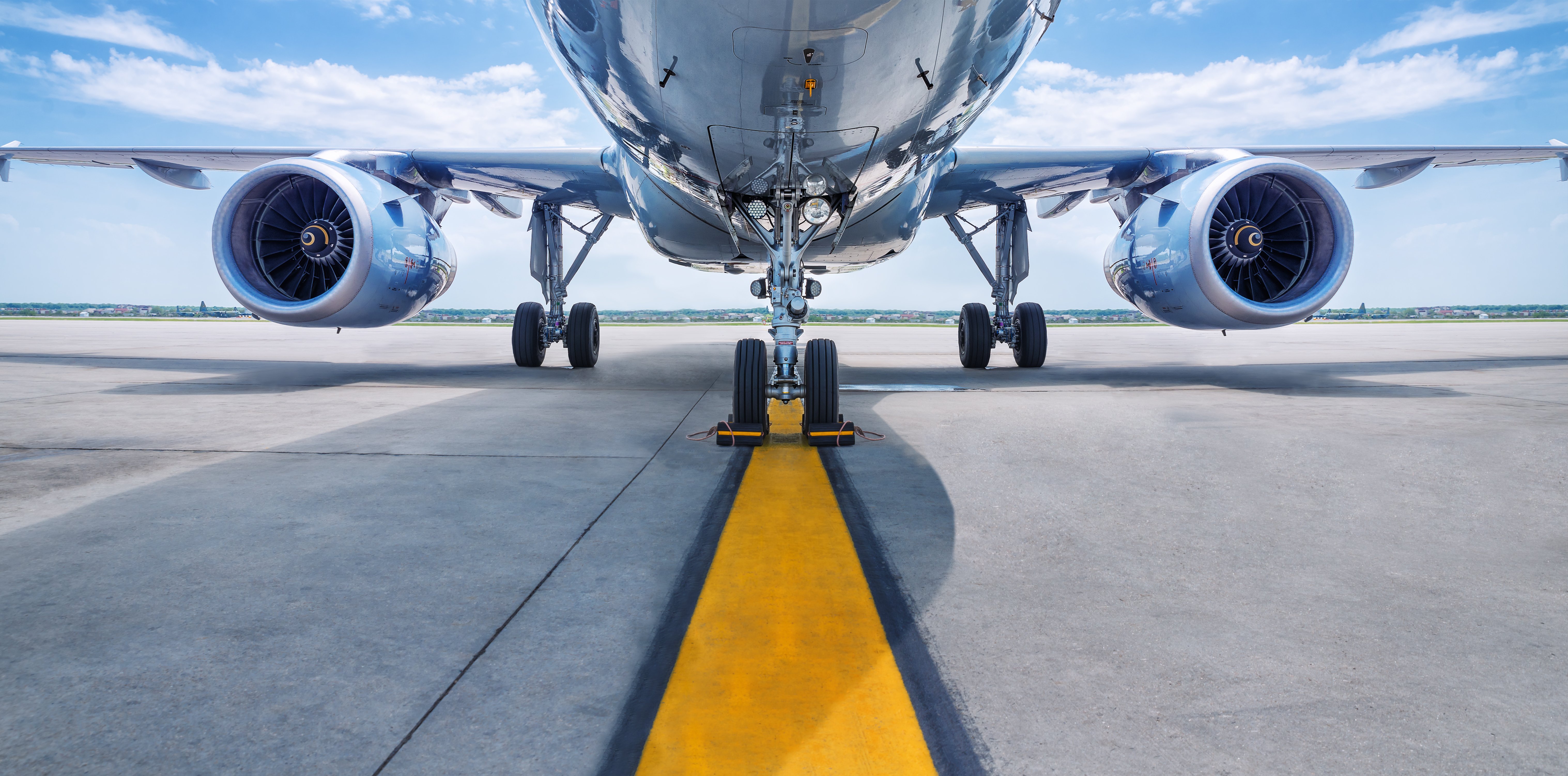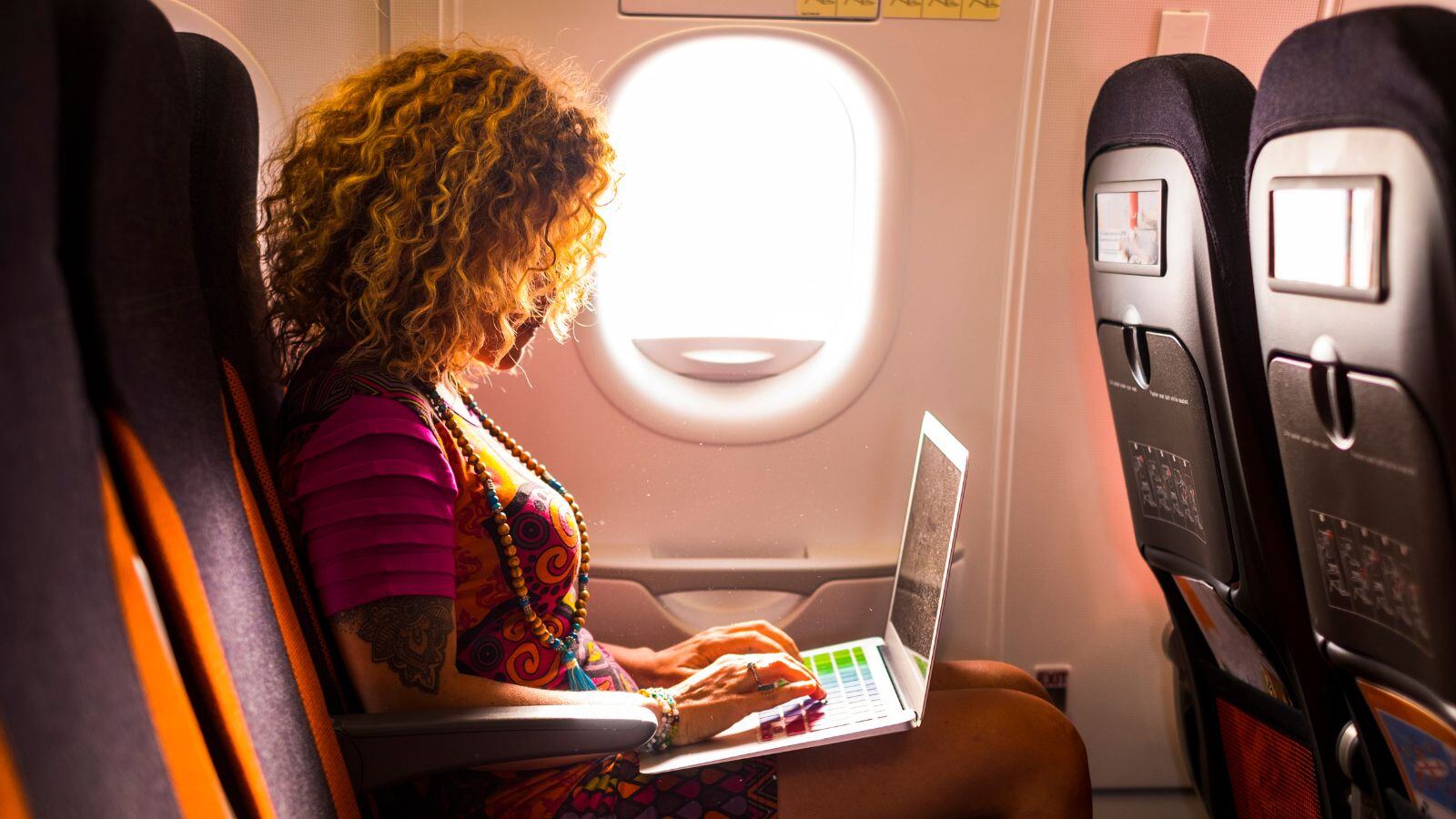With November comes the holiday season, colder weather, and a busy time in the travel sector. Unbeknownst to the crowds rushing to their holiday flights, new developments in aviation technology are assisting their seasonal travels. From crypto and blockchain, to major investments in greener aviation fuel, the travel landscape is buzzing with exciting developments – here’s our monthly recap of the trends on our radar.
Insider: An airline is experimenting with allowing passengers to resell their tickets in exchange for a cut of the profit
Ever wish you could change your travel plans at the last minute? Argentina’s FlyBondi airline is testing that idea by letting passengers resell their tickets up to three days before their flight. Inspired by ticket resale models in other industries, like entertainment, Flybondi aims to increase its market share and provide customers with more flexibility.
Flybondi creates two versions of each ticket sold- one regular and one stored on the blockchain as an NFT. The tickets have the same seat number and itineraries, which allows the airline to track the ticket while it is sold and Flybondi earns a transaction fee whenever the tickets are sold. If Flybondi proves to be successful, other airlines may experiment with this technology for their own customers. Additionally, blockchain technology adds a layer of security and traceability, which could set new standards and expectations in the travel industry. Buckle up because this could be the beginning of a flexible, new travel experience!
PhocusWire: Kayak Partners With Crypto Travel Booking Service Travala
Kayak, a travel research giant, has partnered with crypto currency booking service Travala for a new, dynamic payment method. This collaboration will make it possible for travelers to book over 600 airlines, 2 million properties and over 400,000 activities with over 90 forms of crypto currencies. CEO of Travala, Juan Otero, says that the integration will boost exposure and accessibility for more crypto-savvy travelers.
 The process is simple: when booking on Kayak, users can find Travala-listed hotels, flights and other activities. When the user is ready to book, they are redirected to Travala.com and can confirm their purchase. This partnership signals a more inclusive approach to travel payments, where new and existing payment methods can co-exist. Not only does this move cater to growing interest in alternative payments among consumers but emphasizes the growing role of web3 and blockchain technologies in the future of travel.
The process is simple: when booking on Kayak, users can find Travala-listed hotels, flights and other activities. When the user is ready to book, they are redirected to Travala.com and can confirm their purchase. This partnership signals a more inclusive approach to travel payments, where new and existing payment methods can co-exist. Not only does this move cater to growing interest in alternative payments among consumers but emphasizes the growing role of web3 and blockchain technologies in the future of travel.
Skift: Google Partners with South Africa to Fix Unfair Search Results for Small Travel Operators
In yet another game-changing partnership announced this month, Google and South Africa’s tourism department have teamed up to essentially level the playing field for smaller travel businesses, in response to concerns around search result competition for smaller travel businesses. More specifically, Google found that their search practices favored larger businesses in South Africa – now, their goal is to boost the digital presence of those smaller businesses by enhancing their reach on Google’s search engine.
The partnership will include a custom data dashboard to help small business owners better understand searches for South African travel products and services, ad credits from Google, and training and support for smaller and black-owned businesses to increase their online competitiveness. This collaboration could make a significant impact on the tourism sector, but not just in South Africa. The move underscores the importance of establishing fair market dynamics for businesses of all sizes to compete in the digital realm.
PYMNTS: Airbnb Acquires AI Startup to Build ‘Ultimate Travel Agent’
Airbnb is diving into the artificial intelligence (AI) game – and it might be about to become your ultimate travel buddy. Having recently gone public, Airbnb acquired startup Gameplanner.ai, an AI and design startup. Now, using Gameplanner's technology, Airbnb aims to develop generative AI-powered “travel concierges,” that can learn user preference, style and more over time. This will create hyper-personalized travel experiences for users, by tapping into generative AI’s potential for creating individually- curated itineraries.
 The acquisition reflects a growing interest in AI-driven travel assistance among larger travel technology brands, as travelers across the globe continue to seek out niche, immersive experiences. And they’re not alone– other big names like Google and Meta are entering the AI game. The combination of machine learning, natural language process and prediction analysis make the technology ideal for trip planning, so be ready for a future where travel experiences are not just booked by AI, but curated to perfection.
The acquisition reflects a growing interest in AI-driven travel assistance among larger travel technology brands, as travelers across the globe continue to seek out niche, immersive experiences. And they’re not alone– other big names like Google and Meta are entering the AI game. The combination of machine learning, natural language process and prediction analysis make the technology ideal for trip planning, so be ready for a future where travel experiences are not just booked by AI, but curated to perfection.
Financial Times: Hydrogen-electric aircraft start-up secures UK Infrastructure Bank backing
In a major leap towards greener aviation, ZeroAvia, an aviation start-up, has secured $116 million in its latest funding round. Investors are clearly clamoring to support ZeroAvia’s development of a hydrogen-electric engine for zero-emission flights, including big-name financers like Bill Gates’ Breakthrough Energy Ventures, Airbus, Barclays Sustainable Capital and more. ZeroAvia has expressed their intentions to use the funds to refine Zero Avia’s engines and obtain certification from UK regulators by the end of 2025.
With total equity, investments and grants now soaring past $250 million, ZeroAvia is among the closest start-ups to executing a widely shared vision: a commercial-ready none to 19-seater covering 300 miles by 2025, followed by a larger 40 to 80-seater reaching 700 miles by 2027. The volume of investments being driven towards sustainable aviation start-ups clearly indicates that business leaders view the technology as the next big innovation – and continued development of these solutions are a huge step forward in the pursuit of greener air travel globally.




.jpg)





.png)









